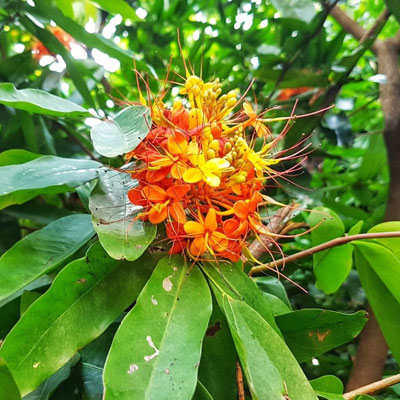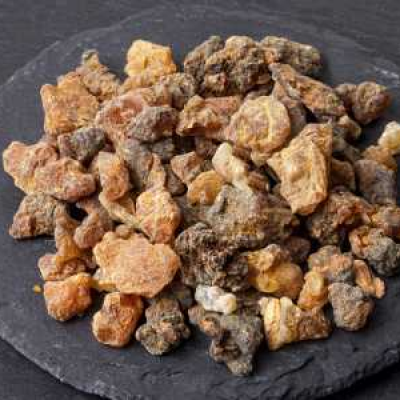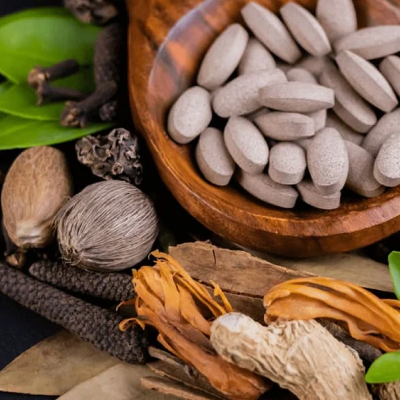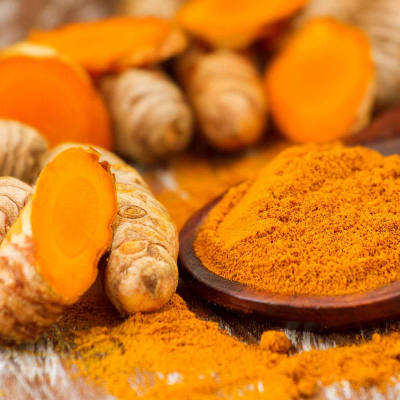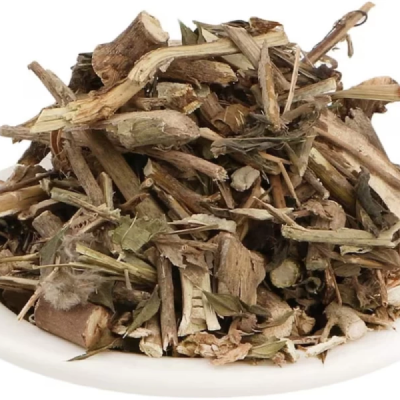What Are Fibroids?
Fibroids, also known as uterine fibroids or leiomyomas, are non-cancerous growths of the uterus. They develop from the smooth muscle tissue of the uterus and are very common, especially in women of reproductive age. These growths can vary in size, ranging from as small as a seed to as large as a melon.
Types of Fibroids:
1. Intramural Fibroids:
- Located within the muscular wall of the uterus.
- Most common type, often causing heavy periods and pelvic pain.
2. Subserosal Fibroids:
- Grow on the outer surface of the uterus.
- Can press on surrounding organs, causing bladder or bowel issues.
3. Submucosal Fibroids:
- Develop just beneath the inner lining of the uterus.
- May interfere with fertility and cause heavy menstrual bleeding.
4. Pedunculated Fibroids:
- Grow on a stalk inside or outside the uterus.
- Can twist, leading to severe pain.
Causes of Fibroids
The exact cause of fibroids is unknown, but several factors may contribute:
- Hormonal Imbalances: Oestrogen and progesterone stimulate fibroid growth.
- Genetic Factors: Family history increases the likelihood of fibroids.
- Growth Factors: Substances like insulin-like growth factor may affect fibroid development.
- Inflammation: Chronic inflammation might play a role.
- Lifestyle Factors: Obesity, high-fat diets, and lack of exercise may increase risk.
Symptoms of Fibroids
Many women with fibroids experience no symptoms. However, when symptoms occur, they may include:
- Heavy or prolonged menstrual bleeding
- Pelvic pain or pressure
- Frequent urination or difficulty emptying the bladder
- Constipation
- Back or leg pain
- Difficulty conceiving (in some cases)
Complications of Fibroids
- Infertility: Submucosal fibroids may prevent implantation or block fallopian tubes.
- Pregnancy Complications: Increased risk of miscarriage, preterm labour, or caesarean delivery.
- Severe Pain: Especially if a fibroid twists or degenerates.
In Ayurveda, fibroids are referred to as Granthi (localized swelling or tumour) or Arbuda (benign growth). The treatment focuses on balancing doshas, detoxifying the body, and reducing the size of the fibroid.
Ayurvedic Treatment for Fibroids
Panchakarma (Detoxification):
- Vamana: Therapeutic vomiting to remove Kapha imbalances
- Virechana: Purgation therapy to eliminate toxins and balance Pitta.
- Basti: Medicated enemas to balance Vata dosha, targeting pelvic health.
Dietary Recommendations:
- Focus on light, easily digestible, and Kapha-reducing foods.
- Include whole grains, fresh fruits, and green leafy vegetables.
- Avoid processed foods, dairy, sugar, and fried items.
- Use spices like turmeric, ginger, and black pepper to improve digestion.
Lifestyle Modifications:
- Practice yoga poses like Bhujangasana (Cobra Pose) and Dhanurasana (Bow Pose) to improve pelvic circulation.
- Manage stress through meditation and breathing exercises.
- Maintain a healthy weight and stay active.
Herbal Remedies:
Ashoka (Saraca asoca)
Regulates menstrual cycles and reduces excessive bleeding.
Guggulu (Commiphora mukul)
Helps reduce fibroid size and inflammation.
Kanchanar (Bauhinia variegata)
A potent anti-inflammatory herb that dissolves fibroids.
Kumari (Aloe vera)
Reduces inflammation and balances hormones.
Turmeric (Curcuma longa)
Anti-inflammatory and helps shrink fibroids.
Ayurvedic Formulations:
Kanchanar Guggulu
A classical medicine to reduce fibroid size.
Ashokarishta
For managing heavy menstrual bleeding.
Dashmoolarishta
To relieve pain and strengthen the reproductive system.
Fibroids are a common and manageable condition. Ayurveda, with its focus on balancing doshas, detoxifying the body, and rejuvenating tissues, offers a sustainable approach to treating fibroids. However, the treatment should always be guided by a qualified Ayurvedic practitioner for the best results.



